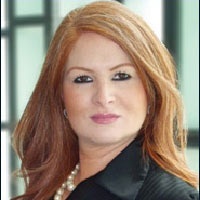Arcadia White Collar Crime Lawyer, California
Sponsored Law Firm
-
 x
x

Click For More Info:
-
Gharibian Law, APC
101 North Brand Blvd. Suite 1970 Glendale, CA 91203» view mapMedical Malpractice Law Respect Your Elders
Our dedicated legal team can help your family reconcile with elder abuse, personal injury, and wrongful death.
877-875-1119
Gina Tennen
✓ VERIFIEDCriminal, Military, Juvenile Law, White Collar Crime, RICO Act
LibertyBell Law Group consists of a group of elite criminal defense attorneys who have become some of the most sought after lawyers in the nation. Our... (more)
Steve Meister
Family Law, Government Agencies, White Collar Crime, Election & Political
Status: In Good Standing
FREE CONSULTATION
CONTACTDaniel R. Perlman
Divorce & Family Law, White Collar Crime, DUI-DWI, Criminal
Status: In Good Standing
FREE CONSULTATION
CONTACTFREE CONSULTATION
CONTACTEdgar J. Gutierrez
White Collar Crime, Household Mold, Products Liability, Personal Injury
Status: In Good Standing
Bassam Marjiya
Trusts, White Collar Crime, Corporate, Personal Injury
Status: In Good Standing Licensed: 8 Years
Mario Steven Zapata
Immigration, White Collar Crime, Criminal, Bankruptcy
Status: In Good Standing Licensed: 18 Years
 Art Gharibian Glendale, CA
Art Gharibian Glendale, CA AboutGharibian Law, APC
AboutGharibian Law, APC

